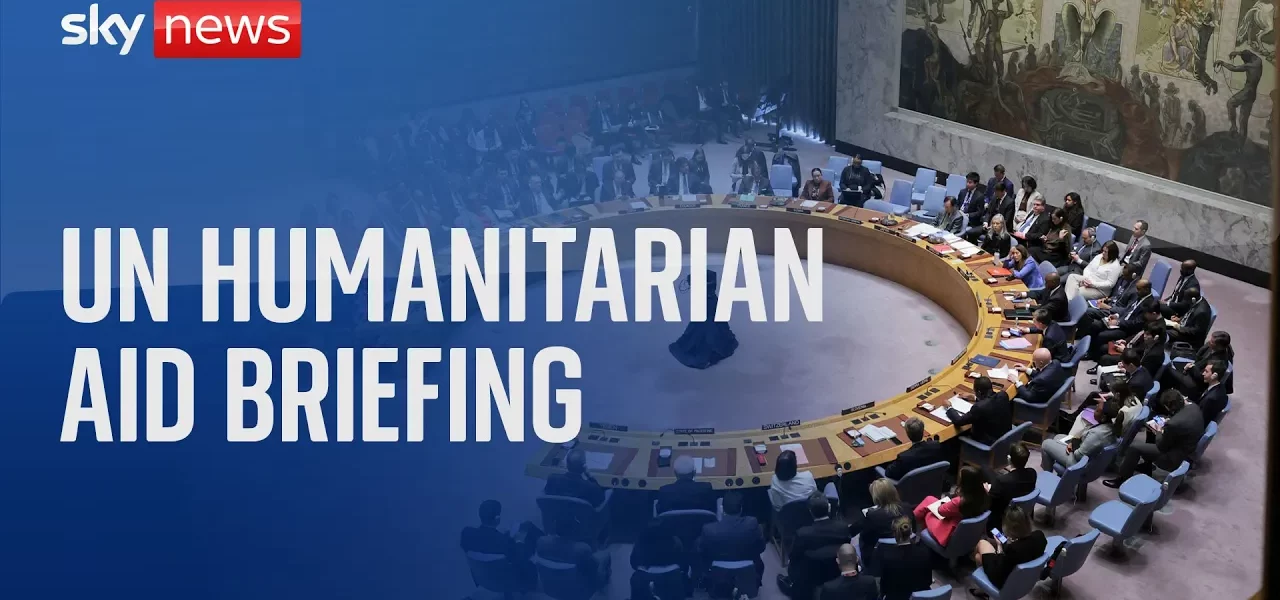Department of Peace Operations Annual Report on Women, Peace, and Security

This article delves into the insights provided by the Department of Peace Operations’ annual report on women, peace, and security, emphasizing the pressing issues faced by women and girls in conflict zones, the effectiveness of peacekeeping missions, and the call for urgent humanitarian aid.
Introduction
The Department of Peace Operations has released its annual report titled “Navigating Challenges and Driving Change,” which sheds light on the critical work undertaken to promote gender equality and the involvement of women in peace and security initiatives. As armed conflicts and protracted crises continue to escalate globally, the report draws attention to the disproportionate impacts these situations have on women and girls, particularly within peacekeeping contexts. It highlights the urgent need for meaningful participation of women in political processes, conflict prevention, and trust-building efforts, alongside robust measures to prevent violence against women.
Key Findings of the Report
The report outlines several significant findings regarding the state of women, peace, and security worldwide:
- Increased severity and frequency of armed conflicts have adversely affected the lives of women and girls.
- Peacekeeping missions have been actively working to enhance women’s participation in various political and social processes.
- The report emphasizes the critical need for measures aimed at preventing violence against women in conflict zones.
- It calls for the international community to prioritize gender equality in peace efforts.
The Impact of Armed Conflicts on Women and Girls
Armed conflicts and crises have a profound impact on the lives of women and girls globally. Here are some ways in which they are affected:
Physical and Psychological Violence
Women and girls are often subjected to various forms of violence during conflicts, including:
- Sexual violence, including rape and trafficking.
- Domestic violence, which tends to escalate in times of stress and insecurity.
- Psychological trauma stemming from loss, displacement, and violence.
Economic Hardship
Conflicts disrupt economic stability, leading to significant challenges for women, who often bear the brunt of these crises:
- Loss of livelihoods due to instability and violence.
- Increased responsibility for caregiving without adequate support.
- Limited access to resources and opportunities for economic empowerment.
Peacekeeping Missions and Women’s Participation
Peacekeeping missions play a vital role in enhancing women’s participation in peace and security efforts. The report highlights the following points:
Efforts to Include Women in Political Processes
Peacekeeping missions have implemented strategies to ensure women’s voices are heard in political discussions, including:
- Facilitating women’s participation in peace negotiations.
- Supporting the establishment of women-led organizations in conflict zones.
- Training and capacity-building programs for women leaders.
Trust-Building Initiatives
Trust-building measures are essential for fostering peace in conflict-affected areas:
- Engaging local women in community dialogue and decision-making processes.
- Creating safe spaces for women to discuss their needs and concerns.
- Implementing community-driven projects that address the unique challenges women face in conflict.
Preventing Violence Against Women
Preventing violence against women in conflict zones requires a multifaceted approach:
Policy and Legal Frameworks
Ensuring that policies and legal frameworks are in place to protect women from violence is crucial. This includes:
- Implementing laws that criminalize gender-based violence.
- Establishing accountability mechanisms for perpetrators of violence.
- Providing legal aid and support services for survivors.
Community Engagement
Engaging communities in efforts to prevent violence against women can be effective:
- Raising awareness about the consequences of gender-based violence.
- Promoting cultural shifts that reject violence against women.
- Empowering men and boys to stand against violence and support gender equality.
International Day of Innocent Children Victims of Aggression
In conjunction with the report, it is notable that today marks the International Day of Innocent Children Victims of Aggression. This day serves as a reminder of the urgent need to protect children from the grave violations they face in armed conflicts. The report underscores that addressing these issues is central to the mandate on children and armed conflict, reinforcing the importance of safeguarding the rights of the most vulnerable populations during times of crisis.
Conclusion
In summary, the Department of Peace Operations’ annual report on women, peace, and security highlights the significant challenges faced by women and girls in conflict zones. It calls for immediate action to enhance their participation in peace processes, establish effective measures to prevent violence, and ensure that humanitarian efforts prioritize gender equality. As we observe the International Day of Innocent Children Victims of Aggression, let us commit to advocating for the rights and well-being of all individuals affected by armed conflict. For further insights and updates on related topics, visit our related articles section.
“`




